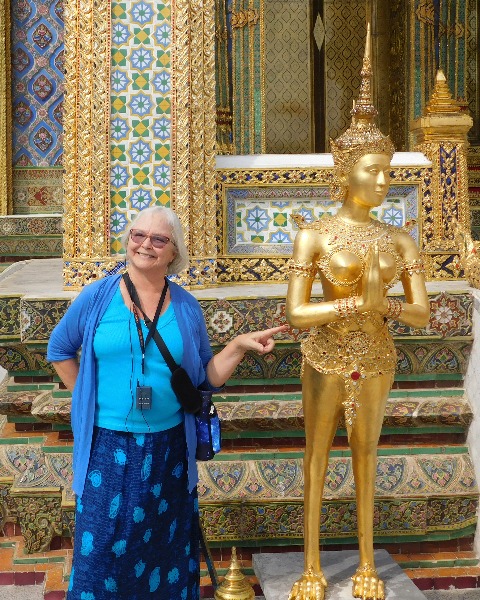Panel
Increasing the Power of Story through Transformative Culturally Responsive Mixed Methods Evaluation.
Transformative culturally responsive mixed methods evaluation: The power of story
Friday, October 13, 2023
2:30 PM - 3:30 PM ET

DONNA M. MERTENS, PhD (she/her/hers)
Professor Emeritus
Gallaudet University, United States
Presenter(s)
Many groups of people are skeptical or resistant being included in evaluations for a wide range of reasons. People of color and Indigenous people have been historically misrepresented and mistreated by researchers/evaluators. In many places, women, immigrants, Deaf people, people with disabilities, and sexual minorities have a history of being excluded from and/or inaccurately represented by researchers/evaluators. The transformative paradigm emerged as a response to the voices of members of these marginalized communities. Methodologically, evaluators can use transformative culturally responsive mixed methods to not simply elicit stories, but to build community capacity to be tellers of their own stories in ways that lead evaluators to value their knowledge and experiences. Examples of transformative culturally responsive mixed methods designs will be used to illustrate the power of story when combined with quantitative data to promote transformative change.
